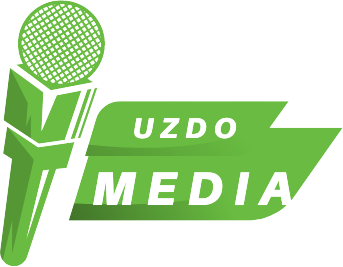
DEBATES deepen democracy. The recent one between Donald Trump of the Republican party and Vice-President Kamala Harris of the Democratic party in the United States gave the electorate a ring-side view of contestants and a better chance to choose.
Trump is a veteran of presidential debates. In the last two election cycles, he faced off against Hilary Clinton three times in 2016, and three times against President Joe Biden, twice in 2020 and once in June before Biden dropped out of the race.
In this context, Harris is a neophyte on the presidential stage. But during the debate on September 10 in Philadelphia, the bombastic veteran was pegged back.
On the other hand, Harris was the picture of cool confidence, like one who came prepared. She looked her rival in the eye and gave him a dose of Trump’s medicine.
Fact-checkers said Trump made 33 false claims as against one by Harris. According to a poll, most Americans gave the debate to Harris. Characteristically, the former US president has been fuming and ruled out a second debate with Harris. But it is still a tight race, election watchers say.
Instructively, the debate is a scathing rebuke of Nigeria’s presidential contests. After copying its presidential democracy from America, complete with a two-term tenure of four years each for the president, plus a bicameral legislature to boot, Nigeria borrowed nothing more from America.
The debate is a case in point. In America, it is an opportunity to hear the candidates, one of whom will lead them for the next four years and sometimes eight. It is a chance to know where they stand on issues Americans care about, from the economy to immigration, and from abortion to foreign policy.
By contrast, Nigerian politicians view debates with disdain, the same way they view the people they lead. Sadly, the no-show candidates win!
In 2015 and 2019, ex-President Muhammadu Buhari shunned the debates, denying Nigerians an opportunity to assess his suitability or otherwise for the highest office in the country. This makes it difficult for the electorate to gauge their leaders’ sagacity. After eight disastrous years in office, Buhari retired to his hometown of Daura unsung.
President Bola Tinubu also refused to present himself for debate. Like Buhari, he took too long to form his cabinet. Neither man offered any apology because they felt they did no wrong or that the people could do nothing about it. This is impunity.
Amid the anguish unleashed on the people by his policies, it has been argued that Tinubu owes the people nothing because he promised them nothing, and it was simply his turn (Emi L’okan) to be president. The people cannot hold him to any ideology or philosophy. This is a mockery of democracy.
It is argued that Nigerian politicians flee from debates because they are empty and only focused on winning elections, not good governance.
In contrast, the televised debate between MKO Abiola of the Social Democratic Party and Bashir Tofa of the National Republican Convention added pizzazz to the 1993 presidential election.
This creates other worries. It is becoming clearer that Nigerians are losing interest in democracy. This is seen in voter apathy. Nigeria has a dangerously low voting ratio. From 34.75 per cent turn out in the 2019 presidential polls, the 2023 version recorded a woeful 27 per cent. This is unfortunate and plays into the hands of bent politicians.
What can be done?
First, politicians should mend their crooked ways. Civil society organisations should spare no effort in educating and sensitising the people on the need for debates.
The electorate could change the game by voting rightly after assessing candidates based on debate outcomes.
